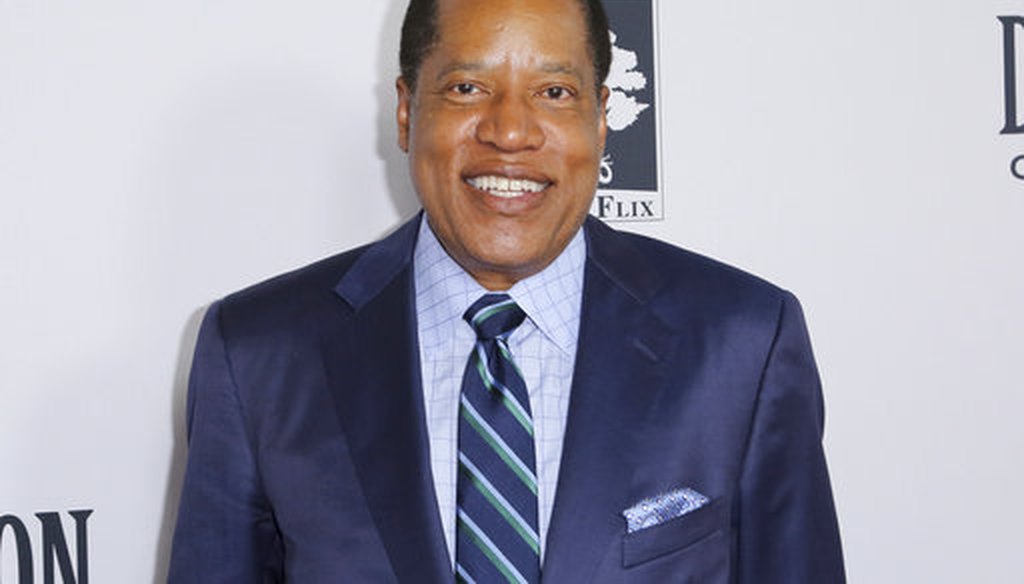- Thread starter
- #21
Ahh..OK..I get that....it was political theater, to some extent. Of course, it morphed into a General Emancipation regardless.Because the EP didnt free any slaves. It only applied to the South which had seceded. He knew that, it was just political theater for England.



